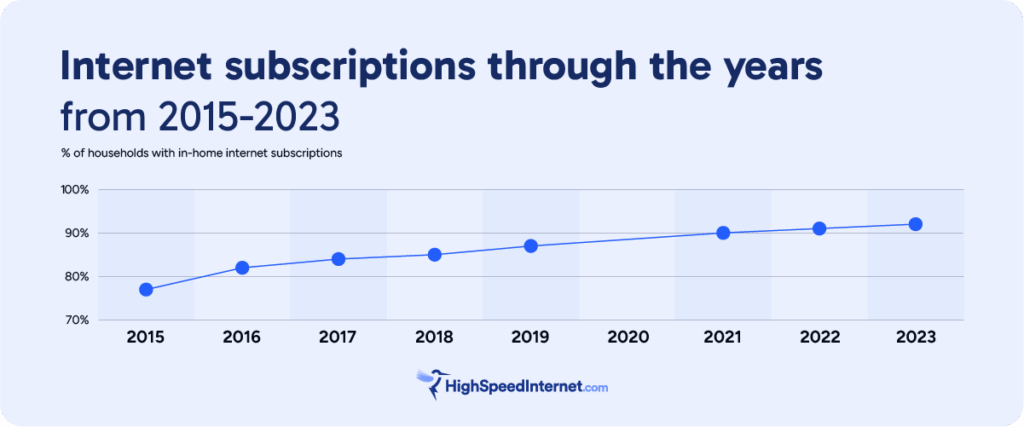AT&T is putting $5.75 billion on the table to acquire Lumen Technologies’ Mass Markets fiber internet business. That’s a lot of money for something most people don’t even think about until Netflix starts buffering or Zoom freezes mid-sentence. But this isn’t just about better streaming. It’s a power move—one that might change how we experience the internet, how businesses operate, and how much control telecom giants have over modern life.
Let’s break it down.
Let’s get to the point

This acquisition gives AT&T access to Lumen’s 1 million fiber customers and over 4 million locations across 11 states, including Phoenix, Seattle, and Denver. It’s not just a boost in customers—it’s a strategic land grab. Fiber is faster, cleaner, and the future. By expanding its fiber footprint, AT&T isn’t just improving service; it’s building a monopoly moat around one of the last areas in telecom with true growth potential.
The goal? Hit 60 million fiber-connected locations by 2030 and leave competitors like Comcast, T-Mobile, and Verizon in the rearview mirror.
Internet Is Oxygen, But It’s Also Expensive

Let’s be real: consumers have a complicated relationship with internet service. It’s not a luxury anymore—it’s a necessity. We need high-speed internet to survive: it powers remote jobs, side hustles, online activism, Twitch streams, Etsy shops, digital therapy sessions, and everything in between.
But here’s the catch: once rent is paid, there’s barely enough left for electricity, let alone fiber optic bills. And internet without electricity? That’s just a blinking router and a lot of frustration.

Worse still, the moment we connect to the internet, we’re hit with a barrage of ads, influencer pitches, and a quiet whisper to buy more, stream more, scroll more. The internet isn’t that fun unless you’re making money or spending money—and the ISP knows it. They’ve got customers by the balls. Plain and simple.
The Other Side: Business-to-Business

This deal isn’t just about households—it’s about businesses. In the corporate world, revenue is the lifeblood, and internet is the nervous system. No internet means no customer orders, no Slack messages, no cloud access, and no cash flowing. The fiber arms race isn’t just a consumer play; it’s an infrastructure war. Whoever owns the lanes controls the traffic.
AT&T knows this. That’s why they’re structuring the acquisition under a new subsidiary, NetworkCo, and planning to sell a minority stake to a financial partner within 6–12 months. Translation: they’re leveraging the deal now and sharing the risk later, while still controlling the road.
And What’s in It for Lumen?

This is Lumen’s way of cashing in on the grunt work. They built a solid infrastructure but couldn’t afford to scale it, so they’re offloading it to a company with deeper pockets and a longer runway.
In exchange, Lumen gets:
- $4.8 billion to reduce debt
- $300 million in annual interest savings
- A chance to focus on higher-margin enterprise solutions like AI, cloud, and low-latency networking for Fortune 500 clients
Lumen’s making a strategic exit from the consumer fight to bet on the B2B future. Smart, if you know your lane.
Final Thoughts: This Ain’t Just a Telecom Story
This deal is about power. Not just bandwidth, but real economic power—who controls the infrastructure that connects modern life. Fiber isn’t just faster internet; it’s the backbone of the digital economy. And AT&T is building a fortress.
Whether this ends in better service for consumers or just higher bills hidden behind prettier routers, time will tell. But one thing’s certain:
The internet isn’t optional anymore—and whoever owns the pipes owns the people.



